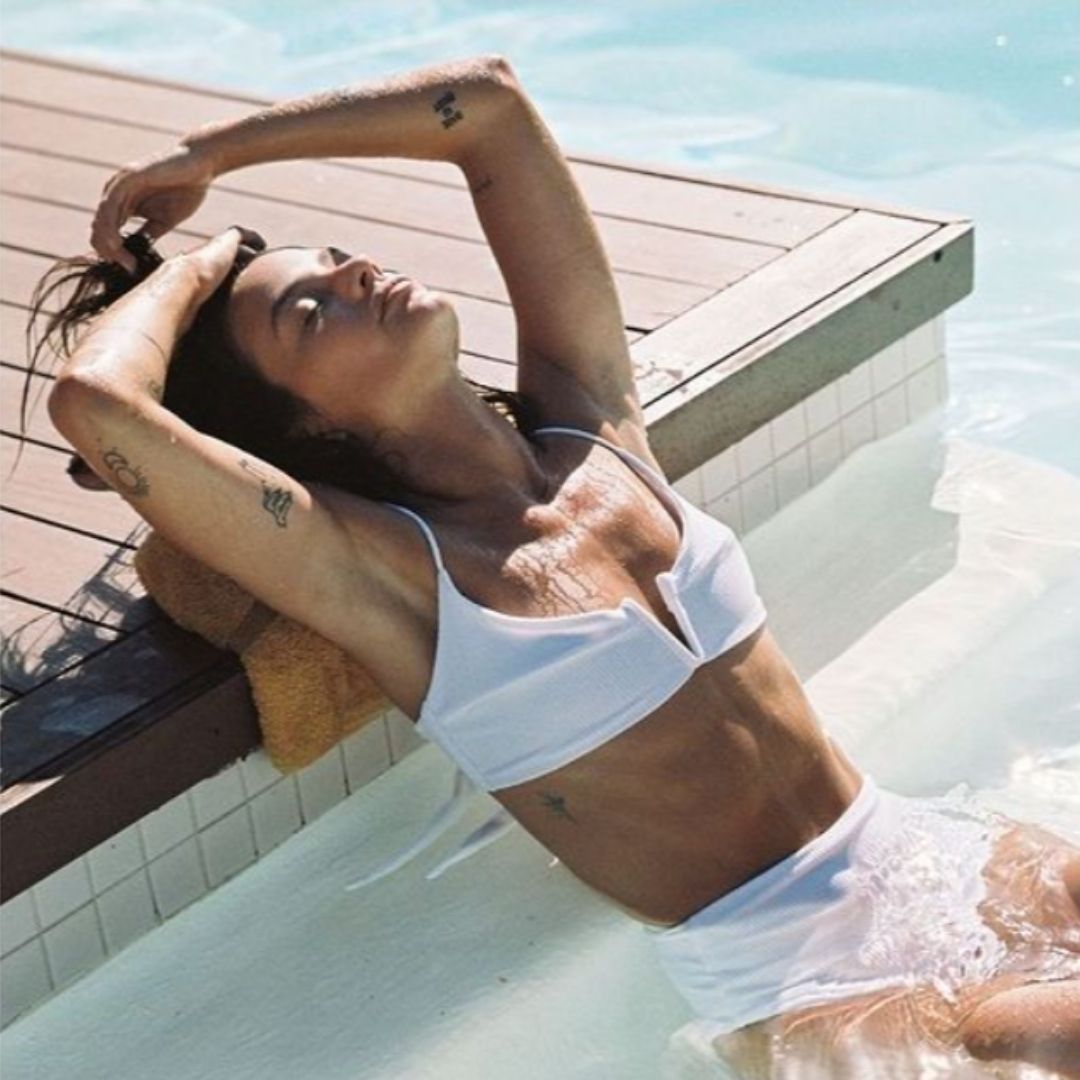No Products in the Cart

To celebrate this years International Women’s Day we interviewed some of our favourite female founders to get their scoop on what this years theme #ichoosetochallenge means for them and their business.
Read our interview with founder Emily of eco swimwear brand brand Triffid Swim:
Tell us what this year’s IWD #choosetochallenge means to you and your business?
Many of us have been challenged in this past year to face up to our privilege. Rather than remaining ignorant, shaming each other, or resigning to helplessness, it’s a call to look in the mirror and challenge oneself to do better. It is an opportunity to go inward and see how we can better serve the world by using what privilege we’ve been born with to help raise up those around us. Personally, I’ve been taking this as an opportunity to do such for myself and this has rippled through to the business. We’re always challenging ourselves how we can do better and there are fundamental questions we ask ourselves now before making any business decisions (no matter how big or small), like, is this the best we can do at this given time or can we do better?
What are the greatest challenges women face in the fashion industry?
I think one of the main challenges is managing their day-to-day responsibilities on top of their professional workload. Of course, this isn’t an issue exclusive to the fashion industry. Women and men are given the same number of hours in the day, but it is still the norm for women to be managing a whole host of responsibilities on top of their paid employment. Whether this includes household duties, caring for children or other family members in need or participating in community groups, it’s no wonder more and more women are left feeling burned out, unsupported and not being able to pursue the same professional opportunities as their counterparts. The amount of pressure and stress this can place on women is huge. This extends right through the supply chain, from garment maker, to warehouse worker, to the designers and the executives at the top.
In your opinion what needs to change to create equality in the fashion industry?
Transparency is key. This means lobbying government bodies, NGOs and brands to do better and be better. This means voting with your dollar, offering encouragement and support where it’s deserved and choosing to say no to the consumerist culture of more, more and more. For brands, it means going out of your way to work with other companies throughout all aspects of the supply change who uphold the same or similar values in providing equal opportunities in the industry.
How is your business contributing to a fairer future for women?
Given a majority of manufacturers employ women in their workforce, we believe it’s more important now than ever to consciously choose who we work with on the manufacturing end of things. We’re very selective with who we work with and have our own set of questions and standards for a manufacturer. Yes, this means higher costs, but as a society, we’ve got a distorted view on what garments should actually cost, factoring in fair wages, the environmental costs, and doing business ethically.
We also donate 10% of our profit to the United Nations Population Fund (UNPF) which supports women all around the world to have safe and wanted childbirths. For many women, childbirth can be a life threatening, financially burdensome, and even socially isolating event rather than one to be celebrated. Sexual and reproductive health problems are one of the leading causes of death and disability for women in the developing world. We want to support these women to have access to their basic human rights.
What advice would you give young women wanting to get into the fashion industry?
If you have a passion for it, then go for it. More importantly, if you have a passion for being part of the change towards a more thoughtful, socially equitable, and environmentally forward-thinking slow fashion movement, then please, definitely go for it as we need more people like you.
Anything else you’d like to add?
Until we shift our individual attitudes and understand the negative social and environmental implications of our fast fashion addiction, then we will not see change on a larger, collective scale. It starts with you making more conscious choices in the closet.
Written by Emily Amor
Instagram address: @triffidswim
Website: https://triffidswim.com